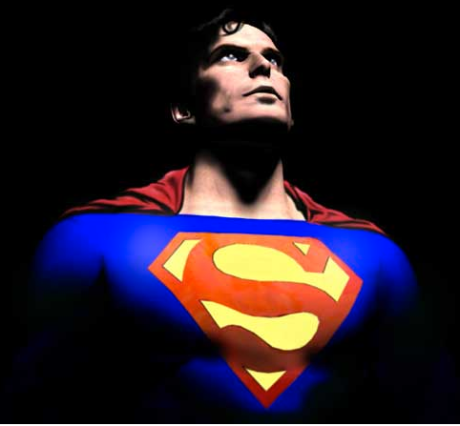What we’re watching…over and over and over again.
November 28, 2013
It has recently become more painfully apparent, that there is a common thread to what we consume when watching a screen – whether large or small.
Stories of boys and men. Males.
Please understand that I have no problem whatsoever with these kinds of stories – many of my favourite movies fall in this category – but over the last 10 years, it’s become a tad tedious.
Endless stories of boys coming of age – men fulfilling their destinies – older man taking younger man/teen/boy under his wing etc. etc. etc.
But where’s the female equivalent?
I recently asked my husband why he doesn’t watch women’s sport and he answered: “I only want to watch the best.”
I was dubious of this answer because I thought: ‘Women are the best of their sports too.’ To explain, he used a sport he doesn’t watch – Boxing. He said that if he were to watch a boxing match, he wouldn’t watch a featherweight fight, he’d want to watch the biggest and strongest men battling it out. The best.
I actually understood. I even think most people would agree with that logic.
OK. Soooo…
Question #192: What do we worship about women on an equal level?
And it IS worship. Sportsmen with flames superimposed behind them on TV snippets, slow motion footage, both males and females equally celebrating them and what they do. Worship.
If men are physically strong and we honour that about them – what do we honour about women?
We can’t have a world where one half of our human race is continually watched, nurtured and guided to feel they can achieve ANYTHING and not have that same respect for the other half.
But that’s exactly what we have.
So what is there? I asked this of my husband but he had no answer or chose not to.
The only thing I can think of – is porn; there is nothing else.
Now, let’s have a squiz at what’s happening up on the movie screen.
The Bechdel Test comes from a cartoon strip by Alison Bechdel from 1985, in which ‘The Rule’ for evaluating films was explained:
In order to pass, the film or show must meet the following criteria:
- It includes at least two women;
(Some make the addendum that the women must be named characters)
- who have at least one conversation;
(Because of quibbles regarding what length of time makes a valid conversation, some have proposed the addendum that it last at least 60 seconds)
- about something other than a man or men.
(The exact interpretation of this can vary; some feel that it’s okay to mention a man or men so long as they’re not the primary subject of the conversation, while others will demand a conversation where men aren’t mentioned at all. Some make the addendum that the conversation also cannot reference marriage, babies, or romance)*
Most films – sadly – fail this test.
Have a look for yourself. TV shows too.
In her 1929 essay A Room of One’s Own, Virginia Woolf wrote what she observed in regards to the literature of her time:
‘All these relationships between women, I thought, rapidly recalling the splendid gallery of fictitious women, are too simple. So much has been left out, unattempted. And I tried to remember any case in the course of my reading where two women are represented as friends. They are now and then mothers and daughters. But almost without exception they are shown in their relation to men. It was strange to think that all the great women of fiction were, until Jane Austen’s day, not only seen by the other sex, but seen only in relation to the other sex. And how small a part of a woman’s life is that; and how little can a man know even of that when he observes it through the black or rosy spectacles which sex puts upon his nose.’
How fascinating…and depressing.
Nothing. Changes.
So what is it with us?
Why do we find it so hard to watch women in equal (but different) representation to men and boys?
Deep Breath.
x
* http://tvtropes.org/pmwiki/pmwiki.php/UsefulNotes/TheBechdelTest?from=Main.TheBechdelTest

